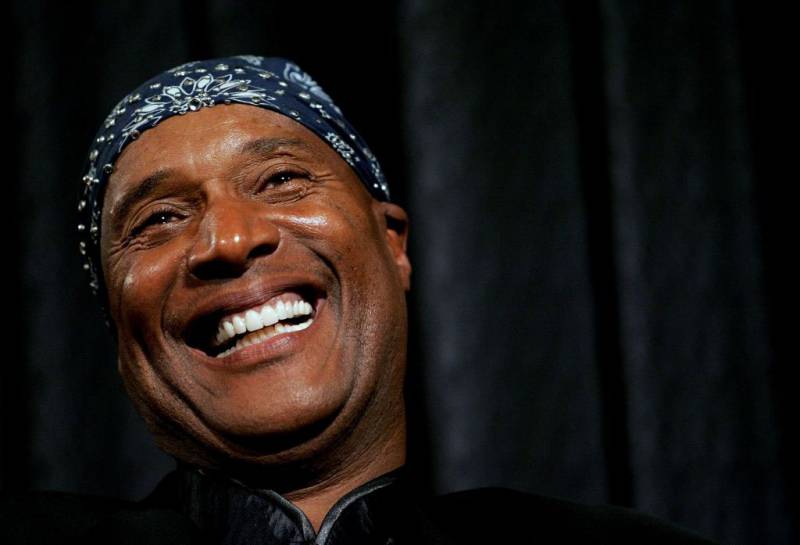Paul Mooney, a boundary-pushing comedian who was Richard Pryor’s longtime writing partner and whose sage, incisive musings on racism and American life made him a revered figure in stand-up, has died. He was 79.
Cassandra Williams, Mooney’s publicist, said he died Wednesday morning at his home in Oakland, California, from a heart attack.
Mooney’s friendship and collaboration with Pryor began in 1968 and lasted until Pryor’s death in 2005. Together, working behind the scenes on shows like Sanford and Son, they confronted racism perhaps more directly than it ever had been before onstage. Mooney chronicled their partnership in his 2007 memoir Black Is the New White.
Often referred to as the “godfather of modern Black comedy,” Mooney wasn’t as widely known as Pryor, but his influence on comedy was ubiquitous. As head writer on In Living Color, Mooney helped create and inspire the Homey D. Clown character. He played the future-foretelling Negrodamus on Chappelle’s Show.
Mooney was also an actor who played Sam Cooke in 1978′s The Buddy Holly Story and Junebug in Spike Lee’s 2000 film Bamboozled. In recent years, he performed frequently on Bay Area stages, such as the Berkeley Black Repertory Theatre.


